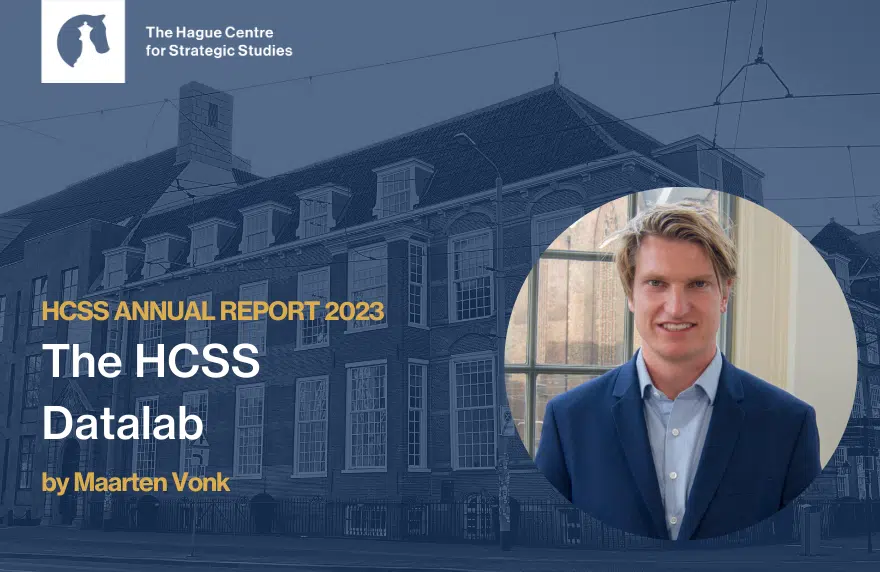Plummeting oil prices since 2014 greatly affected many oil-dependent countries, few more so than Venezuela. The crashed economy plunged the country into a state of political chaos, which fueled recurrent massive protests marked by violent and deadly crackdowns by police and soldiers of Maduro’s regime, especially over the past year.
Protests and coercion are both forms of political violence. There is a wealth of available data on this phenomenon, which helps diplomats and policy-makers to better understand how, why and when it manifests itself, especially when combined with data analytics and deep subject matter expertise.
The following graphs show the trends of protest and coercion in Venezuela since the start of 2016, in both English-language media as well as sources in other languages (mostly Spanish). The data is from GDELT, the Global Dataset on Events, Language and Tone, in which articles from thousands of news sources are scraped, machine translated, and coded in terms of actor and event types. Two of the twenty ‘root’ codes are coercion and protest, visualized in the graphs.
Both coercion and protests take different forms – the first can include a crackdown on demonstrations, arrests of opposition leaders, seizing of private property, restrictions on political and media freedoms; the latter including both peaceful protests as well as riots, but also other forms of dissent (see the breakdown in the graph for more information). The numbers indicate the amount of independent reports in the media, aggregated daily, that are either protests or acts of coercion.
We see that in 2017, especially since start of April, the number of protests as well as coercive events has increased substantially. It is also apparent that protests and acts of coercion by and large fall on the same day, indicative of immediate government crackdowns on demonstrations.
According to both English-language and translingual sources, April 20 had the most reports of protests. The protests were more emphasized in translingual sources while coercion had more play in English sources. This was also the same day that GM had their factory seized by the government. Generally, the translingual sources imply a more constant stream of protests since the start of April, while in English-language coverage, the peaks around major events, including the general strike on July 21, are more pronounced.
The situation in Venezuela remains volatile and the outlook is grim. With the increasing protests and coercion of the past year leading into this weekend’s election for a constituent assembly that would write a new constitution against the will of the opposition controlled-congress, political violence is likely to persist. For the purpose of monitoring developments in the country, data-driven risk assessments have substantive added value so as to support smart policy making process.
About HCSS Snapshots
Our HCSS monitor database contains over three thousand indicators which we use to monitor and analyze global geodynamics. HCSS Snapshots preview notable trends and provide brief insights on emerging and ongoing geopolitical developments. HCSS’ data driven research includes creating models and monitors for public and private organizations in order to improve their situational awareness and provide them with a better understanding of their strategic environment. We also compile, collate and generate new datasets, design tailor-made analytical frameworks and build fully interactive web interfaces. Our in-house competencies include predictive modeling using both structural and dynamic data, web scraping, text mining, advanced internet search techniques and data visualization.





